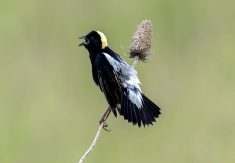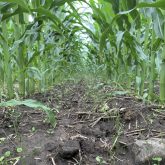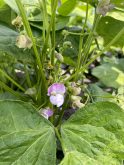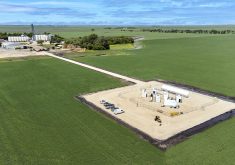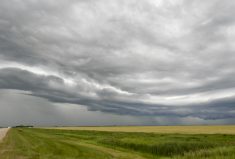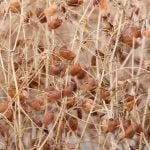A Lambton County farmer, a winner of environmental awards, says he is ready to rip out his woodlots to help pay for carbon taxes on his farm.
Joe Kerr, his wife and their company own about 1,800 acres, about 365 of which is woodlot. He doesn’t expect to clear it all, because it wouldn’t make economic sense, but he says that he has bought an excavator and bulldozer and is ready to go on the first part.
Kerr didn’t get corn planted in the wet spring last year, so he didn’t have to pay any carbon tax on corn drying. He says he doesn’t know what the carbon tax is costing him, but there are direct and indirect costs for farmers.
Read Also
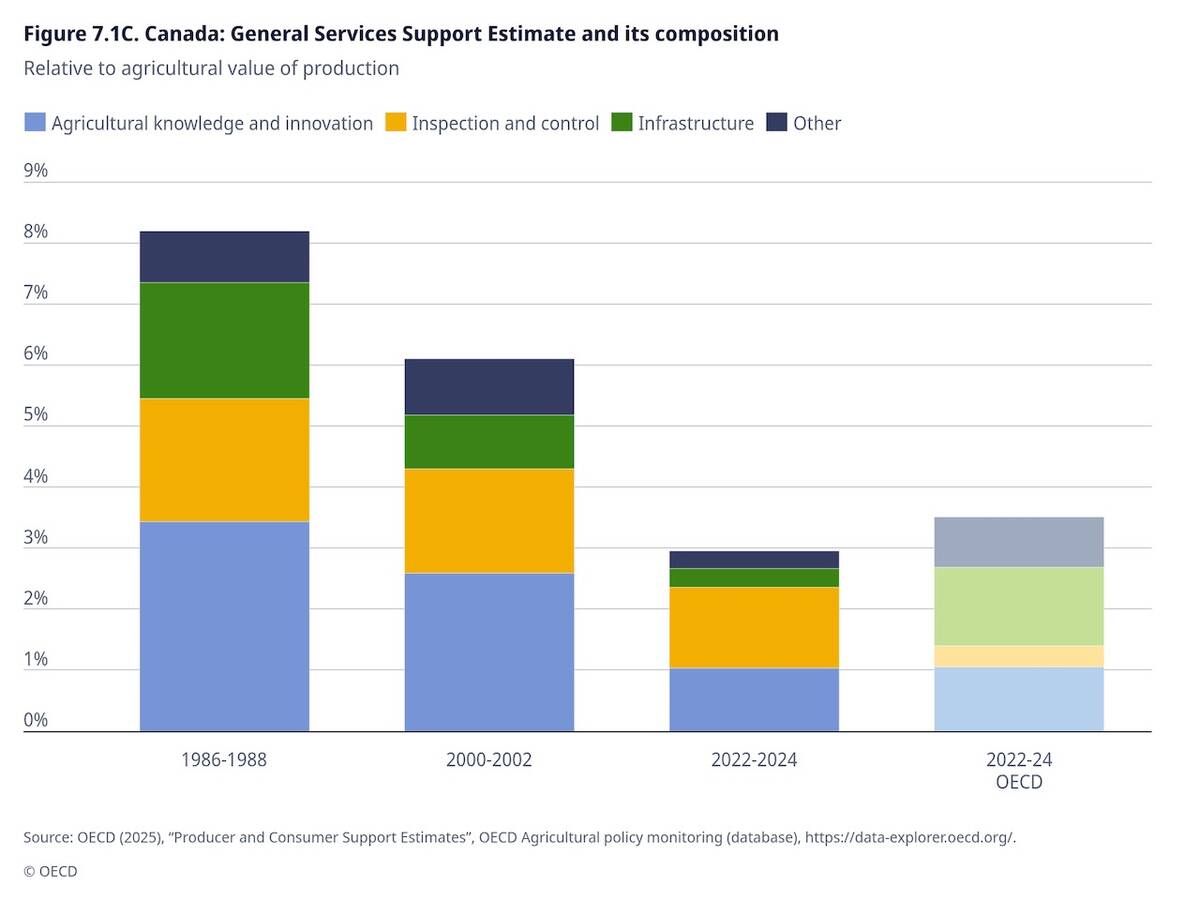
OECD lauds Canada’s low farm subsidies, criticizes supply management
The Organization for Economic Co-operation and Development lauded Canada’s low farm subsidies, criticized supply management in its global survey of farm support programs.
“There’s no hard and easy fast number out there that can say what it is going to cost me any year,” he said in an interview with Farmtario.
He has, however, figured out what he believes is the carbon sequestration potential of his woodlots and he’s not getting paid for it.
“I sequester at least $20,000 of carbon per year without any reduction in my woodlots. It seems we get spanked when you’re a bad boy, but nobody says thanks when you’re a good boy.”
Kerr has received several accolades for his environmental work, including a premier’s award in agriculture in 2008 for drainage fittings that supply water to a wetland and two awards from the St. Clair Region Conservation Authority.
“This certainly isn’t my first choice. I’ve been part of environmental groups. I’ve planted woodlots, wetlands, buffer strips, trying to do the right things.”
Kerr says he will increase the value of his land by $4000 to $6000 per acre by making it into crop land instead of woodlot. He’ll also have the income from the crops he’ll produce on that land going forward.
He says he has permission to clear 17 acres of woodlot, but beyond that he’ll have to pay to clear more acres.
The government has created the market for carbon, he says, but they haven’t found ways for those who sequester carbon to benefit from it. Corn will likely sequester carbon most years, but some years it might not, he says, but a woodlot is static and should always be a carbon sink.
“You can only get slapped so many times before you say I’ve had enough,” he says.






